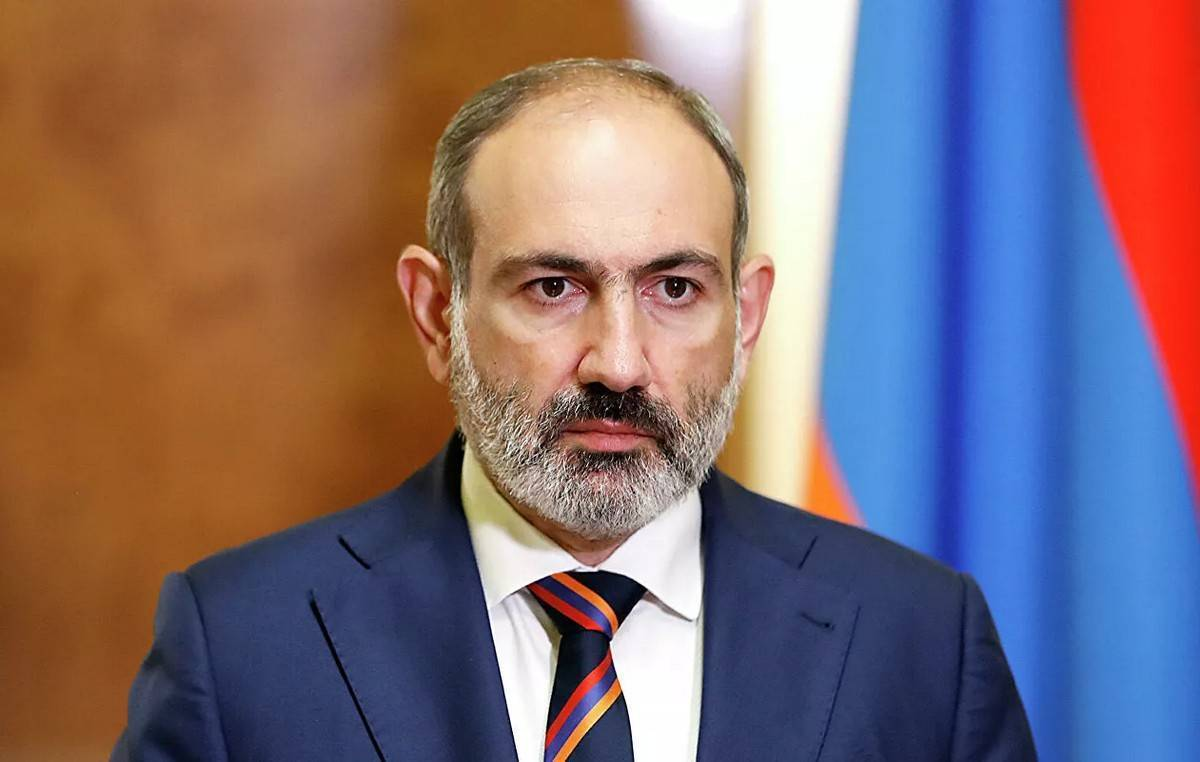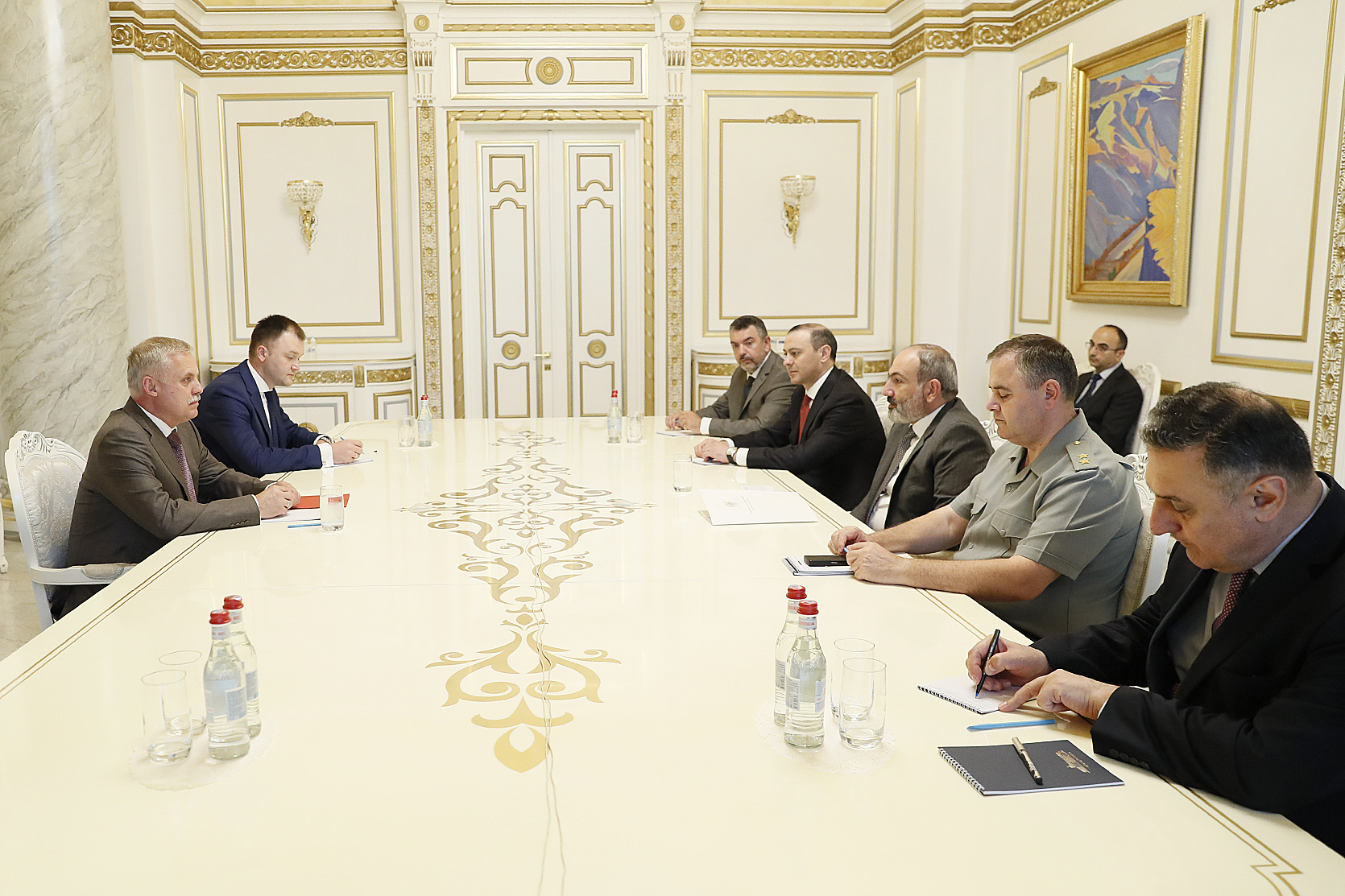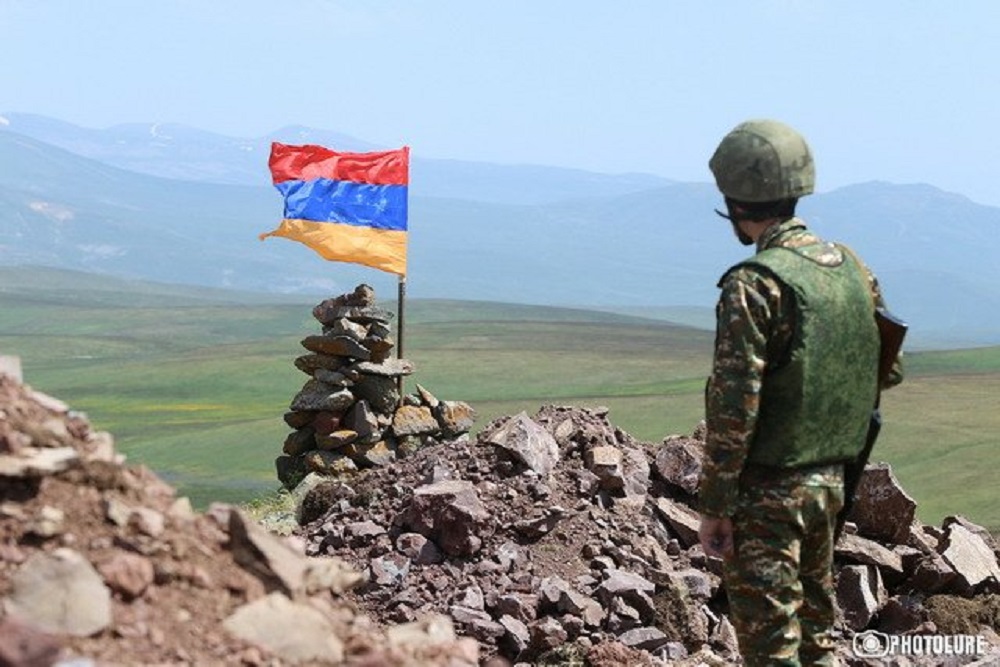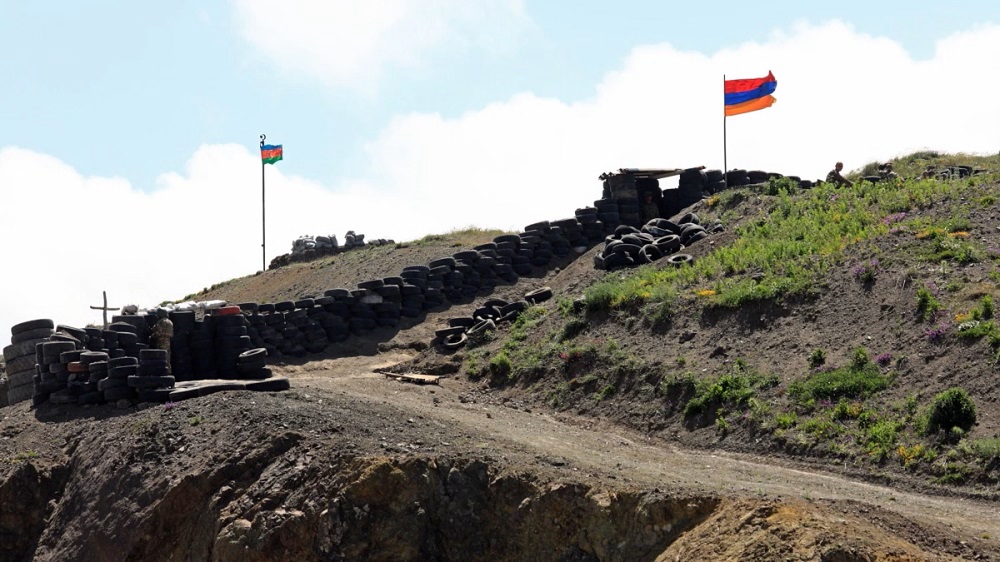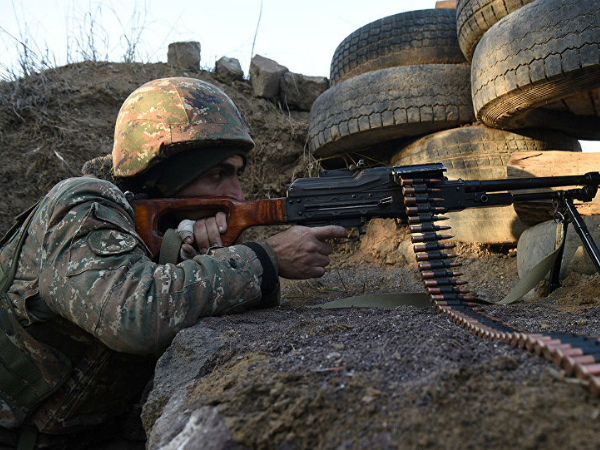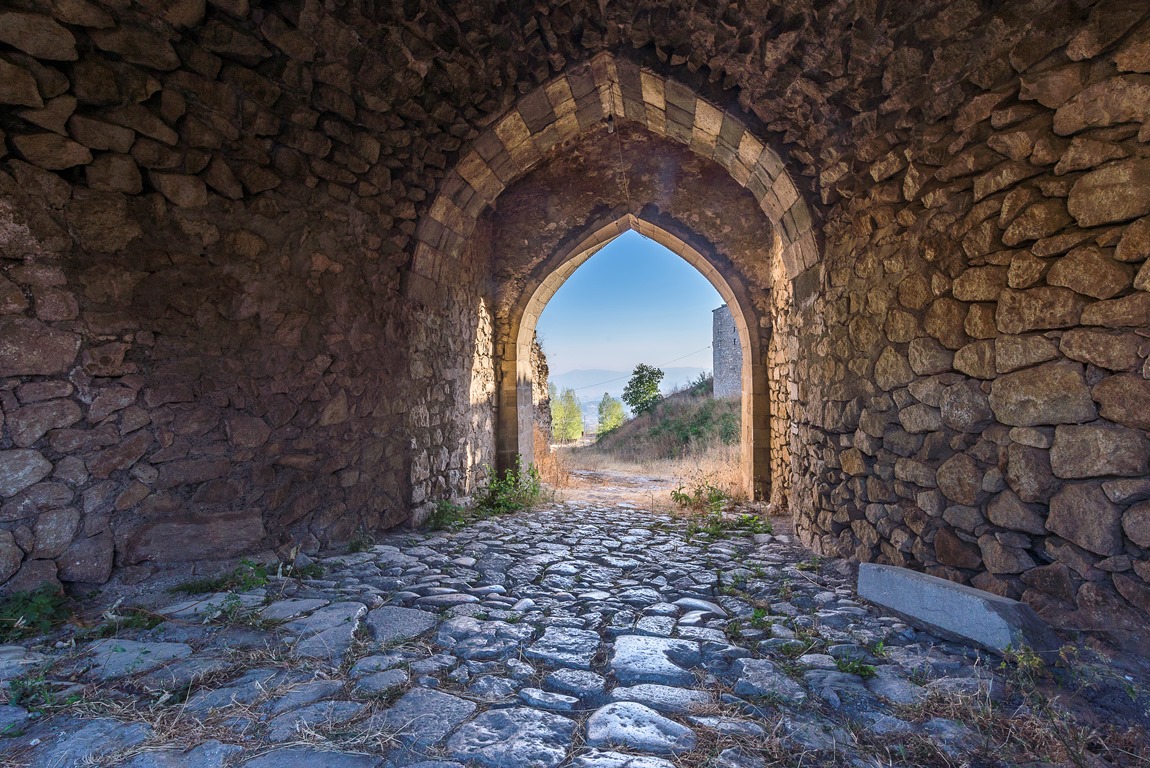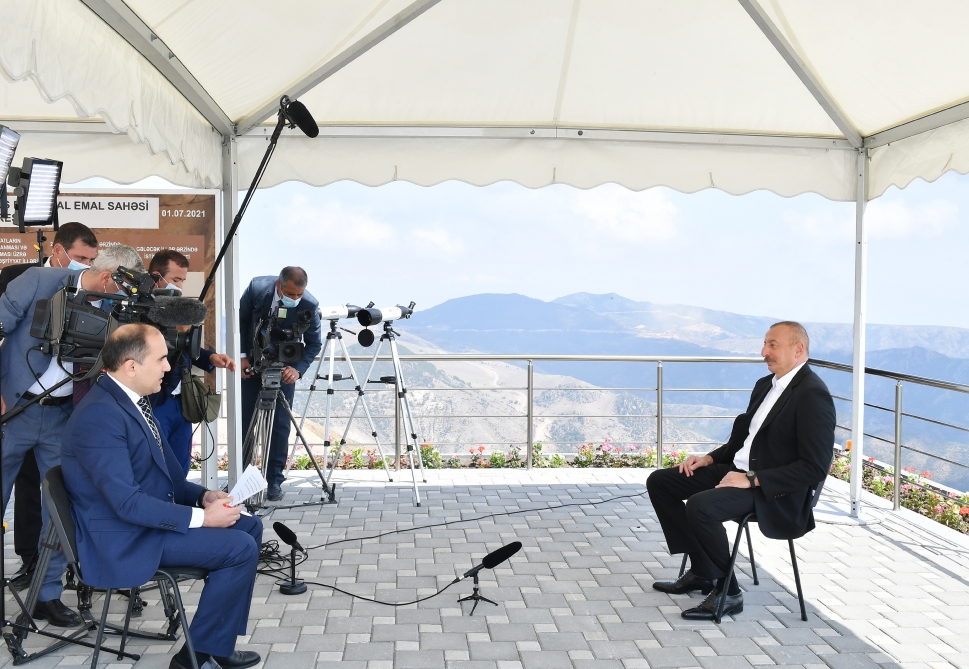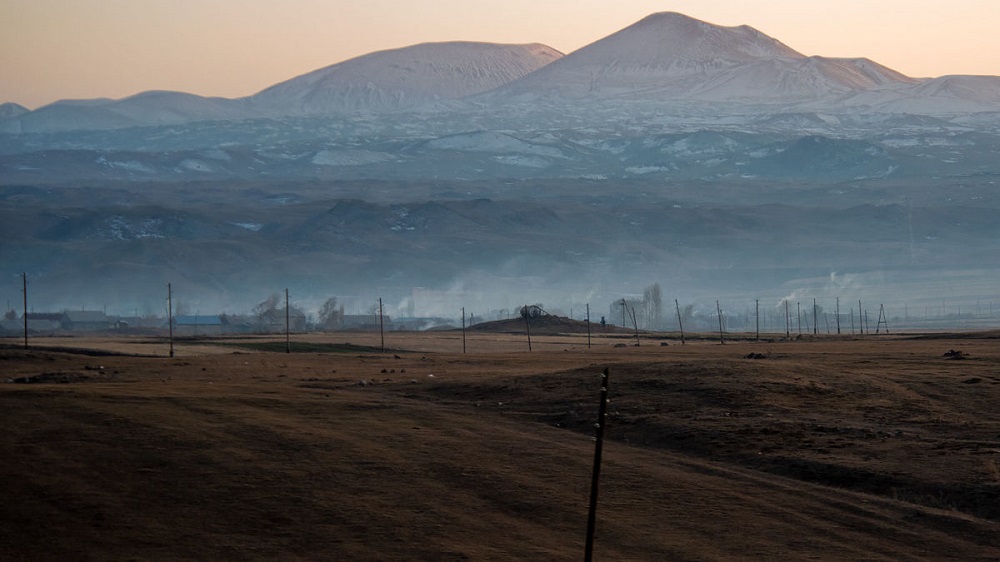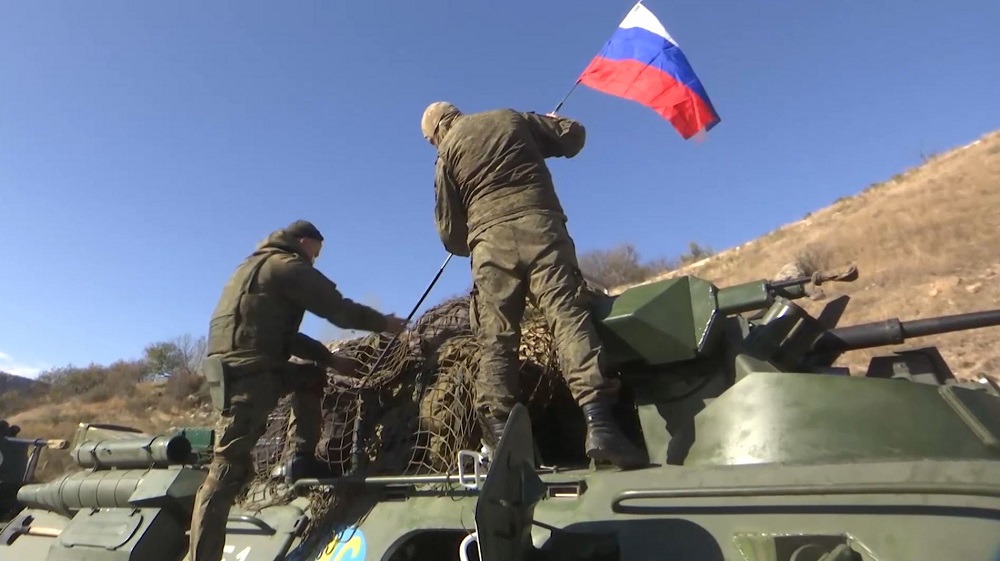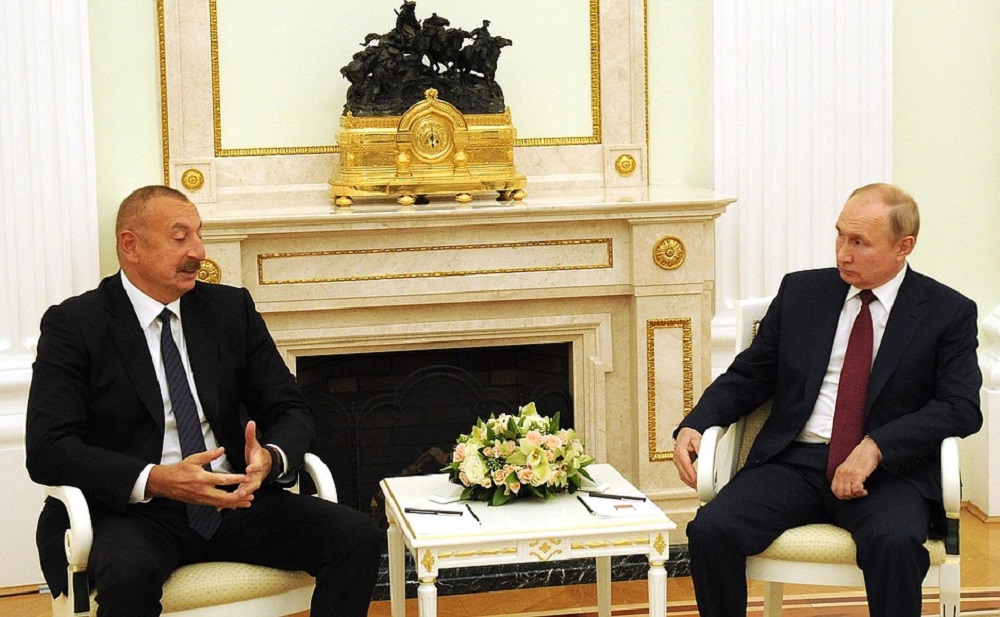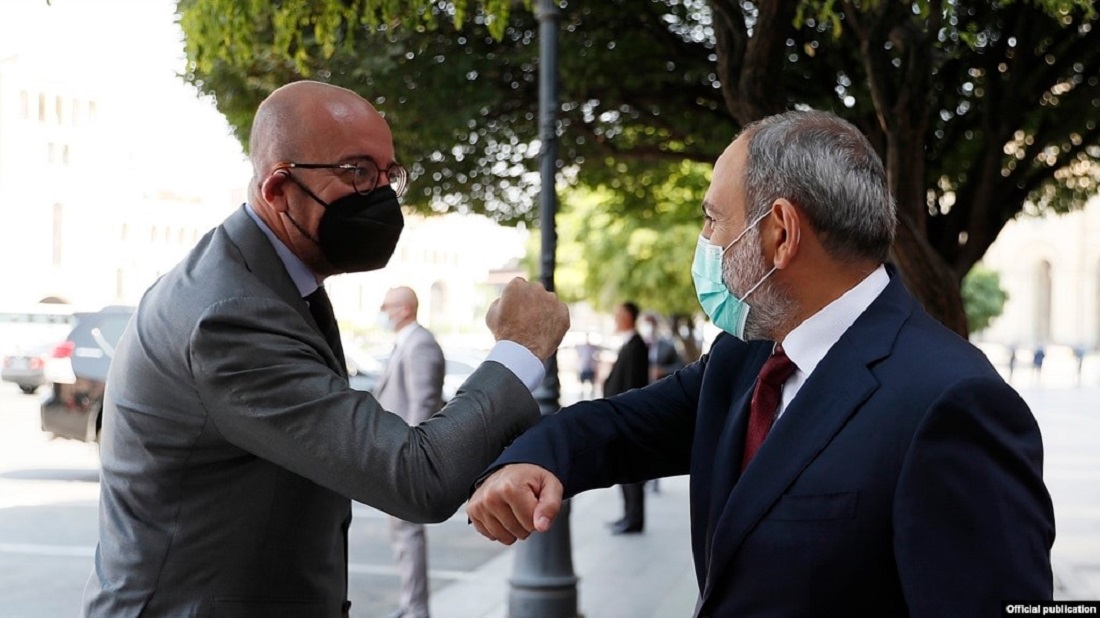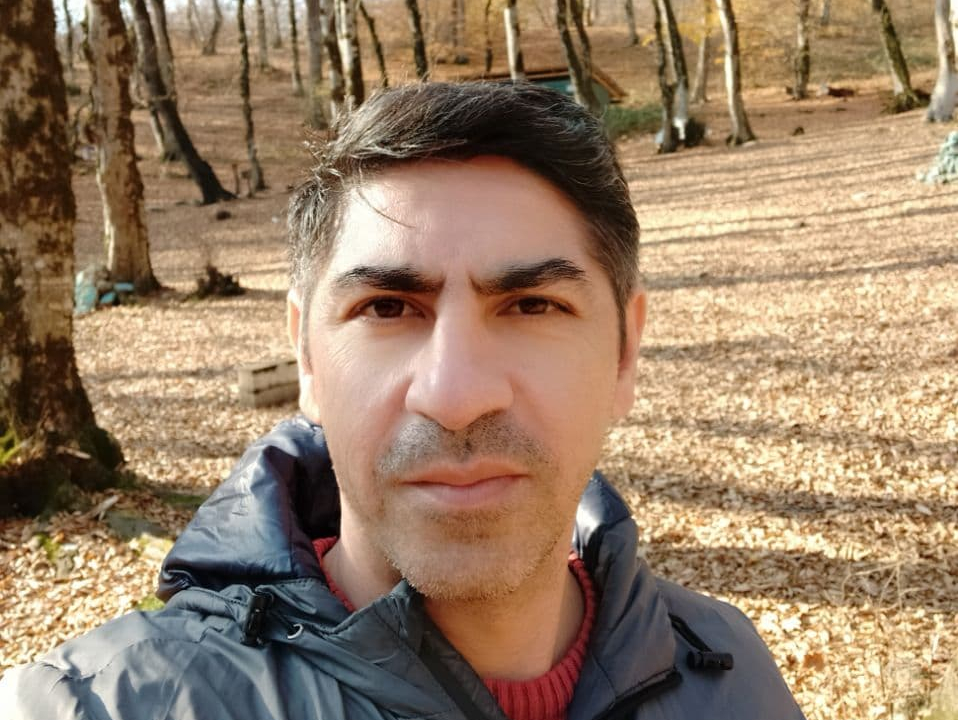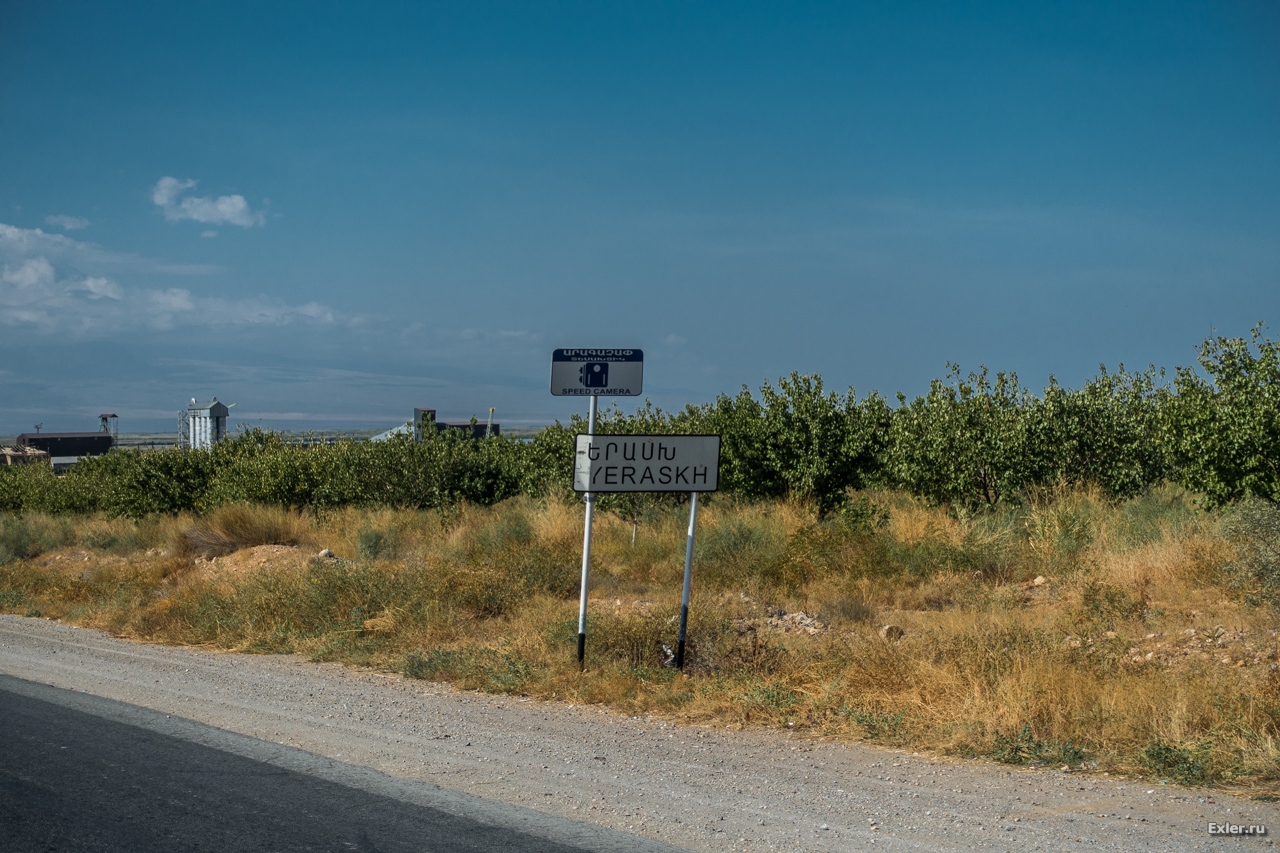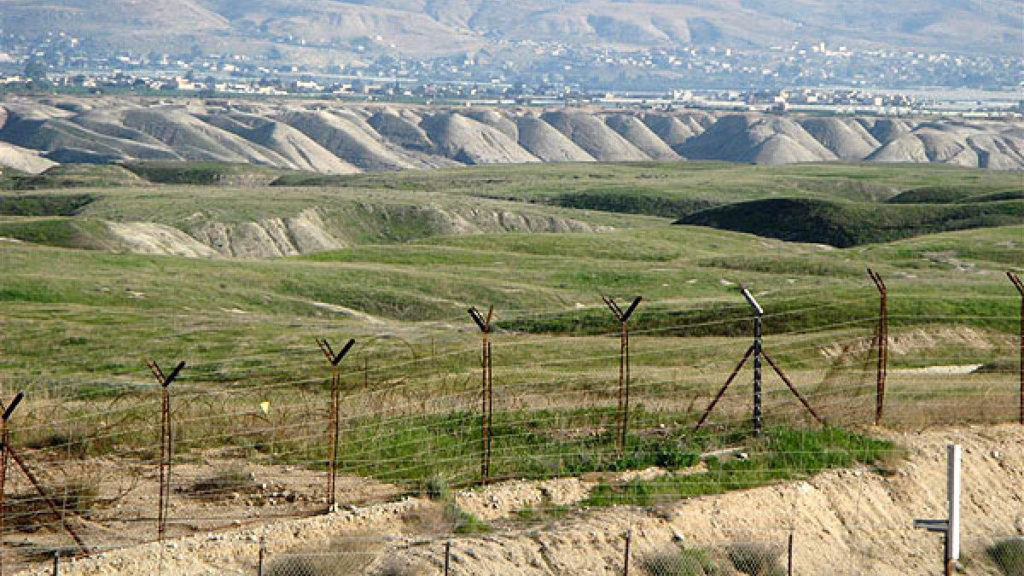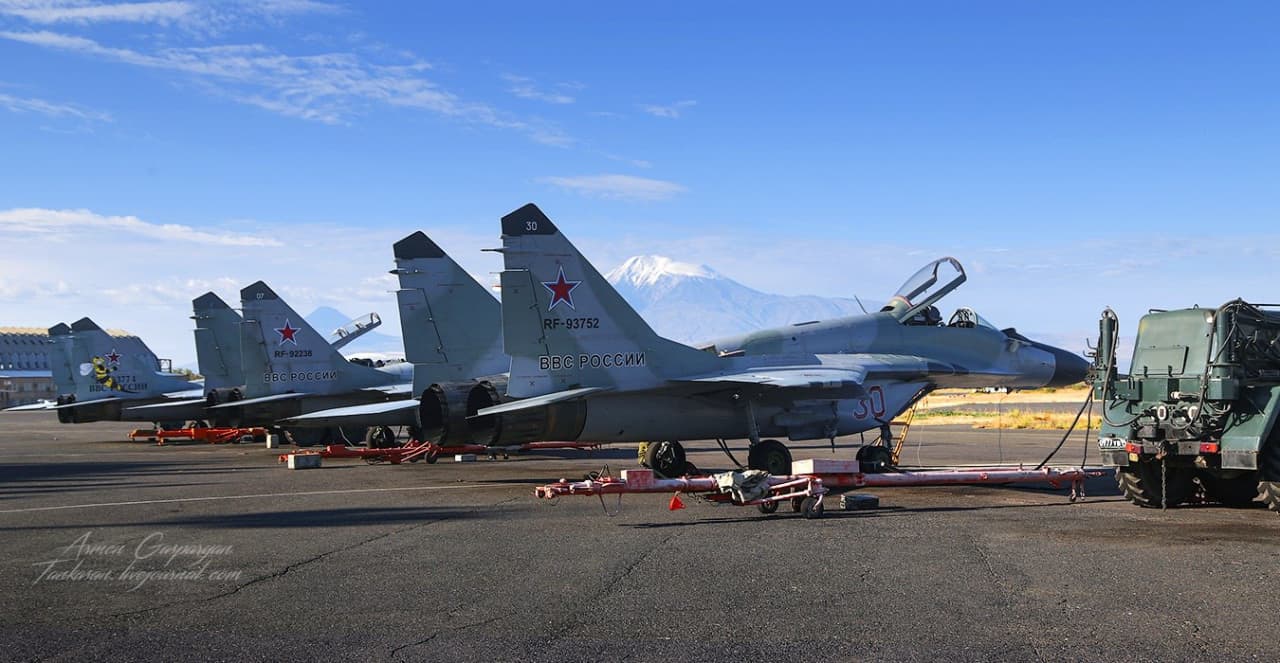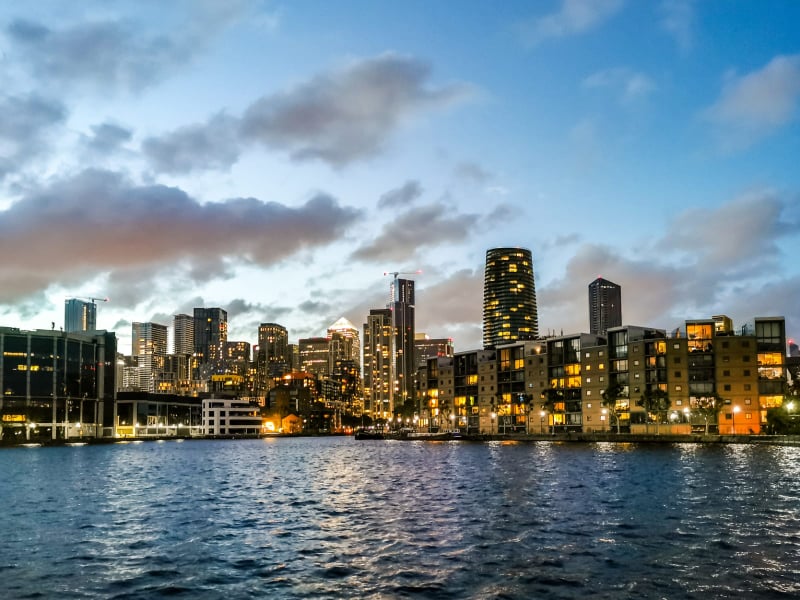
Azerbaijan-Armenia
Most read

Georgia’s prime minister calls UK sanctions on Georgian TV channels 'shameful'
Top stories in Azerbaijan, Armenia, and Georgia from 23-27 February, 2026
Opinion: 'Possible influx of refugees from Iran poses Armenia’s biggest challenge'
Opinion: 'There are no signals that Iran plans to sell weapons to Armenia right now'
Transparency International assess new extremism legislation in Georgia

Latest news in Georgia, Armenia, Azerbaijan, summary. Live
'Electric Networks of Armenia will be nationalised' says interim manager
European report on press freedom: situation in Georgia deteriorates rapidly
Opposition MP in Abkhazia faces bid to strip parliamentary immunity
Nine Georgian opposition parties form alliance




